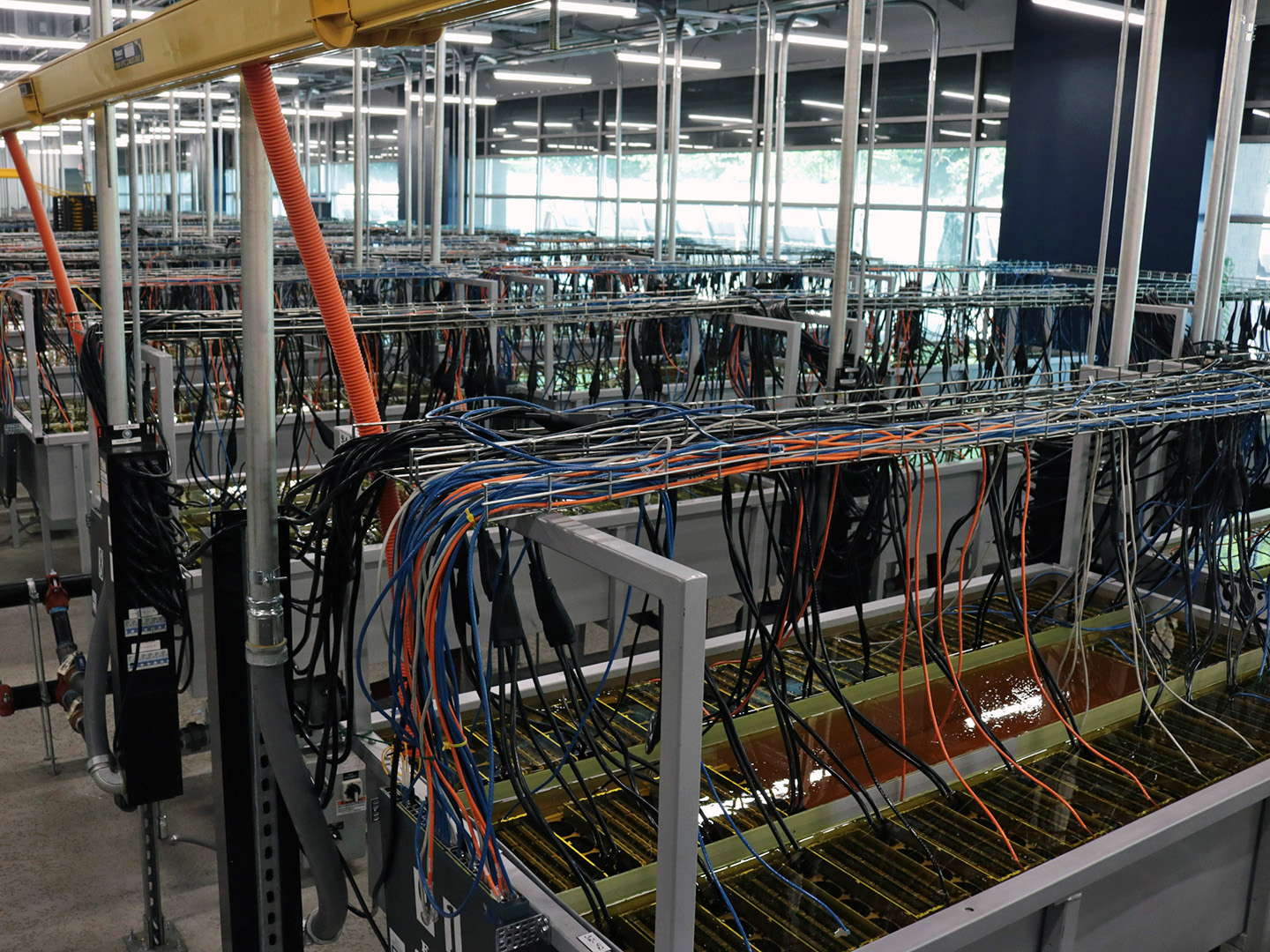Bitcoin miner CleanSpark (CLSK), lowered its year-end 2023 hashrate or computing power guidance to 16 exahash per second (EH/s), from 22.4 EH/s previously, citing delays in building a mining facility by one of its partners, Lancium.
The miner announced a partnership with energy technology company Lancium earlier this year for initial 200 megawatts (MW) of power capacity in west Texas, which translates to 6.6 EH/s of hashrate, with an option for an additional 300MW in the future.
However, Lancium informed CleanSpark that capital constraints have affected its ability to meet their commitments, according to a statement. The expected completion dates have been pushed into late 2023 or even later, which led to the guidance cut by the miner.
Crypto miners have been severely affected by the current crypto winter, as the price of bitcoin has slumped, killing their revenue. Meanwhile, energy prices have soared, increasing their costs. This has resulted in one of the biggest mining data center operators in the U.S., Compute North, filing for Chapter 11 bankruptcy protection in September, while big players such as Core Scientific (CORZ), Argo Blockchain (ARBK) and Greenidge Generation (GREE) have all said they are experiencing a liquidity crunch.
In addition to the guidance cut, CleanSpark said that its fourth quarter revenue rose 235% compared to same period last year. Meanwhile, its net loss widened by 683% year-over-year, mainly due to the impairment of goodwill and bitcoin balances, as well as non-cash charges due to modification of equity instruments, the company said in the statement.
Shares of the miner have fallen about 2% in post market trading on Wednesday, while the price of bitcoin was slightly up. CleanSpark's shares have fared slightly better than most peers, falling about 76% this year, compared to other miners such as Core Scientific (CORZ) and Marathon Digital (MARA), whose shares have declined more than 80% this year.
 Xu Lin
Xu Lin




